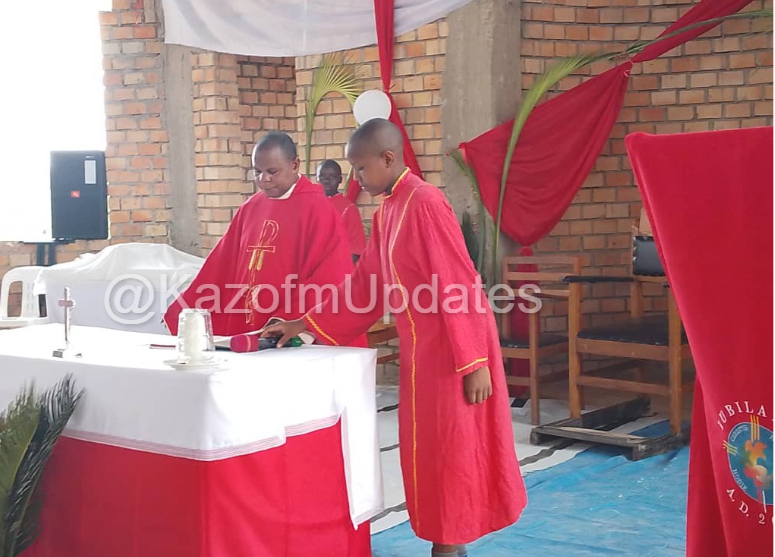MP Kagabo Scorches his ‘former’ home
Bukoto South Member of Parliament, Dr. Twaha Kagabo has launched a scathing attack on the National Unity Platform(NUP) and labelled it as a ‘disease’ that threatens the fabric of the Ugandan Society. His remarks came while he addressed risks associated with an opposition party. Kagabo made these remarks at a National Resistance Movement (NRM) rally at Kasaana playground on Sunday, April 13, 2025.
“People of Mubende, you are fortunate to witness development; good roads, hospital structures and more in your district,” Kagabo stated before pivoting to his criticism of NUP. “But there is a disease that came and started eating away at our country and that disease is called NUP,” he declared, inciting a chorus of reactions from the crowd.
The rally attracted several notable attendees, including the Minister of State for Microfinance, Hon. Kyeyune Haruna Kasoro, Lwemiyaga County MP Hon. Theodore Ssekikubo and Hon. Hanifah Kawooya. However, several local MPs including Hon. Kabanda David from Kasambya County and Hon. Nakazibwe Hope Grania, the Mubende district Woman MP were conspicuously absent.
Sources indicate that the absence of these MPs stems from a lack of communication regarding the event. Hon. Nakazibwe expressed her surprise, claiming she was not informed by event host Hon. Bashir Lubega Ssempa. This disconnect has raised questions regarding the organization of the rally, which was deemed by the District Chairman as merely a notification rather than a formal invitation.
Adding to the intrigue, a coinciding announcement from Gen. Muhoozi Kainerugaba, the first son and commander of the armed forces revealed that Hon. David Kabanda was appointed as the Chairperson of the organizing committee for a separate event scheduled for the same day to kickstart Muhoozi’s 51st birthday celebrations. This unusual overlap of events has sparked speculation about potential divisions within the local political landscape.
As the political climate in Uganda continues to evolve, Dr. Kagabo’s remarks reflect the heightened tensions between the ruling NRM party and its main opposition, NUP. With the upcoming elections, these tensions are likely to escalate as both sides vie for support and influence.









